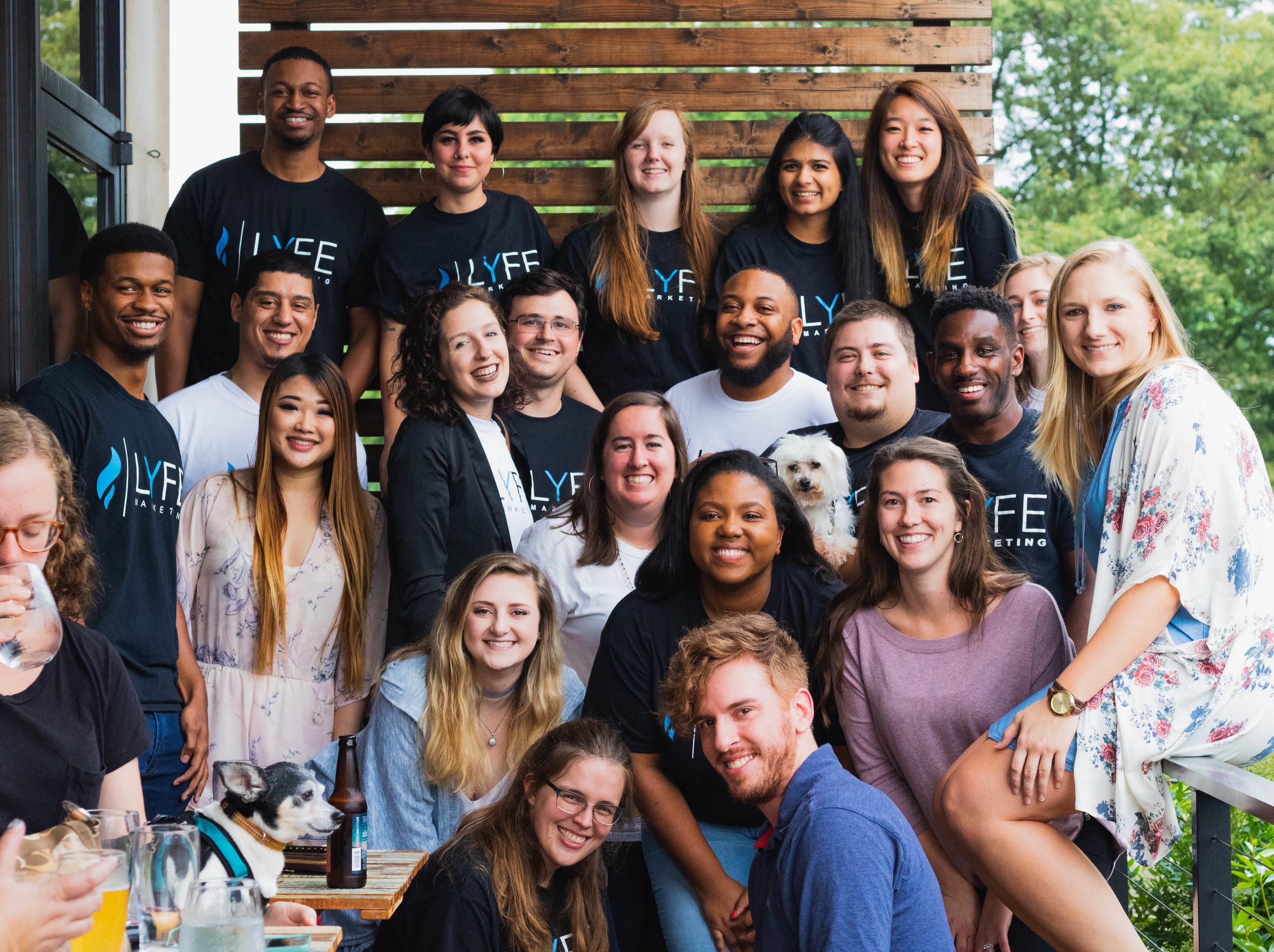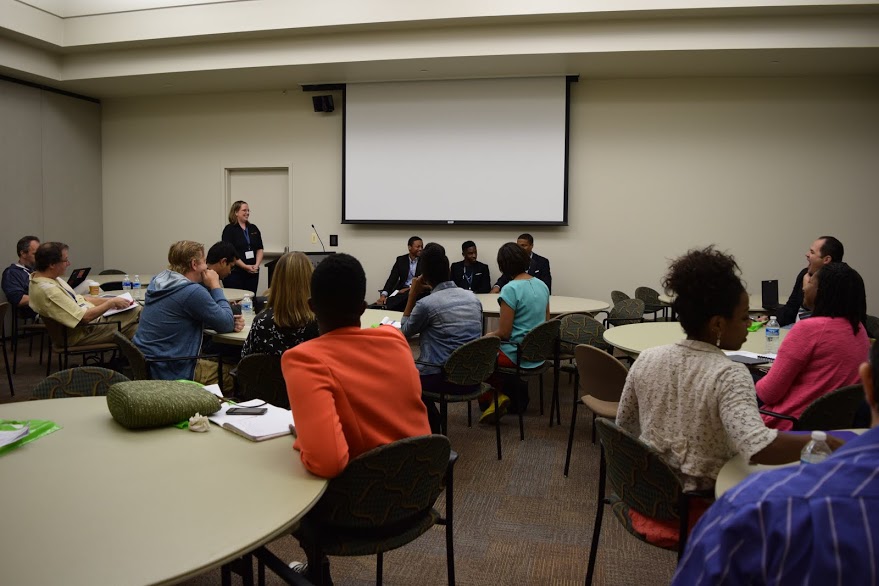Hey folks,
I wanted to take a moment to introduce you to one of ProductCamp Atlanta's newest sponsors, General Assembly.
General Assembly has been present in the Atlanta community for just over a year now and their impact can be felt all over Georgia, just as it can be felt in the other cities GA calls home. I hope you'll take a moment to check them out and welcome the entire GA team to Atlanta!
To introduce them, GA has put together a little FAQ and I thought it made sense for us to post it here. Note that ProductCamp Atlanta does not endorse any educator or company, but we do want to highlight our amazing sponsors and keep our Product Management community up to date with all of the great education options right here in Atlanta.
-Jason
Q: What is General Assembly (GA)?
General Assembly's mission is to empower people to pursue the work they love by transforming thinkers into creators. With 14 locations around the world, GA creates educational experiences in the areas of tech, business and design. Atlanta is the latest campus to launch in our expansive global portfolio and we offer a host of engaging courses year-round within the ever-expanding Ponce City Market Development.
Q: Why is this course relevant today?
These days, everyone seems to have an idea that may be “the next big thing,” but very few people actually have the knowledge or skill to bring a product to life.Product management lies at the intersection between business, design, and technology, allowing you to gauge whether a product is viable from a business perspective, desired by your customers, and technically feasible. Whether they’re developing their own product or working within a larger organization, Product Managers work with key stakeholders, designers, and developers to ensure that the final product meets both customer and business objectives.
Q: When is the next course and who is the Instructor?
Our next Product Management course begins June 23rd and will be led by Mussadeq "MK" Khan. MK is a tech entrepreneur and a product guy. He has takenproducts from just an idea to full blown revenue generating businesses. MK has started 2 software companies and at the moment is on his 3rd one, each in a different vertical. His latest startup Ritzy is in the restaurant space where they help people who love to eat at great restaurants, find tables at peak hours without the wait. MK has spent the past 18 years managing, developing and marketing software products for large enterprises as well as startups. He founded Prominus in 2002 to help small hospitals manage their receivables. In 2008, MK founded Verdeeco, a cloud based analytics solution that electric utilities used to manage and analyze data to gain operational efficiencies. Verdeeco was acquired last year by Sensus, a smart energy company in Raleigh, NC. MK also advises entrepreneurs and mentors startups. He is also a mentor and charter member for TIE.
Q: Who will I be sitting next to in this course?
Product management students tend to come from various backgrounds: entrepreneurs, project managers, designers, and developers. These students are often looking to apply product management skills to their current jobs or to switch careers into the product world.
Q: What practical skill sets can I expect to have upon completion of the course?
By the end of the course, you will be able to:
Clearly describe the role of a product manager
Effectively determine key risks and assumptions of a given product in order to test them
Identify different business models in order to determine which one is more effective for a given product
Create wireframes, MVPs, and basic prototypes in order to test assumptions
Utilize usability tests and other user research tactics
Speak fluently with developers in regards to technology and technical constraints
Measure a product’s success and track its lifecycle
Want to learn more? Reach out to the Team here: atlanta_admissions@generalassemb.ly








